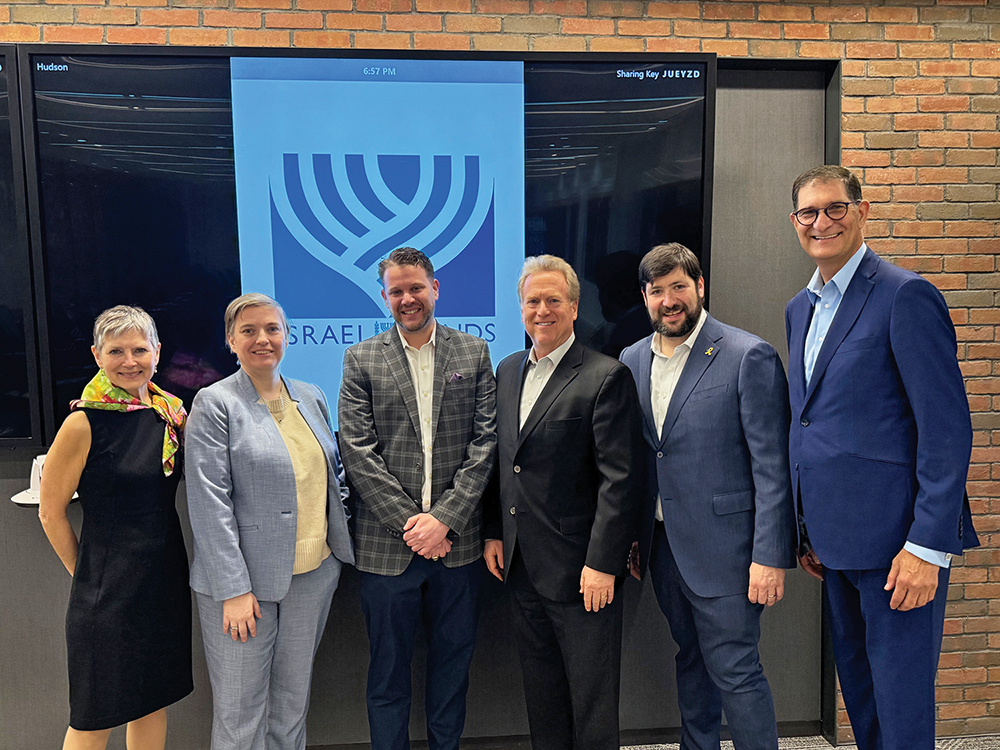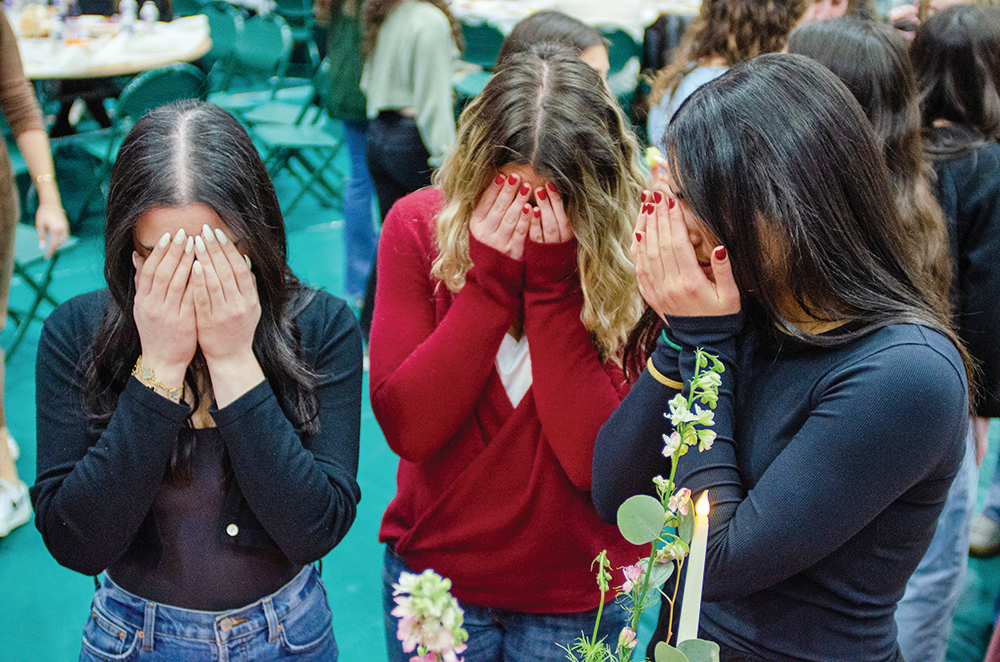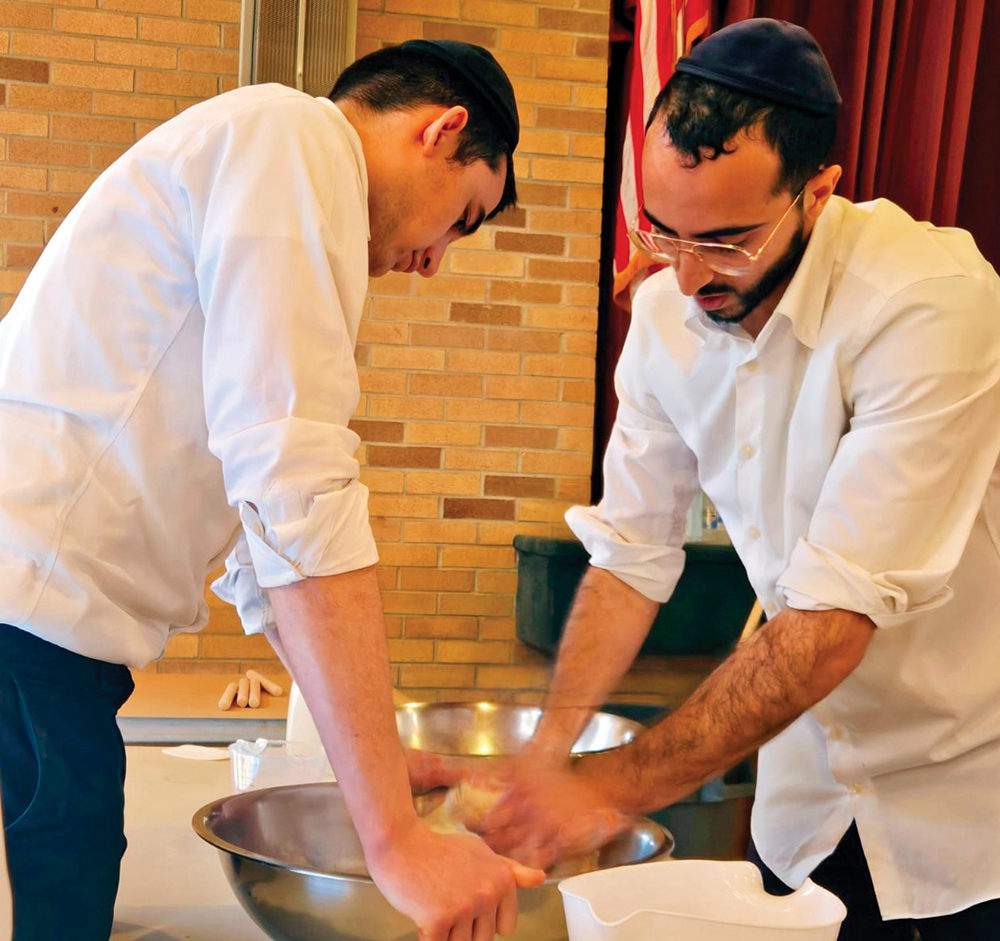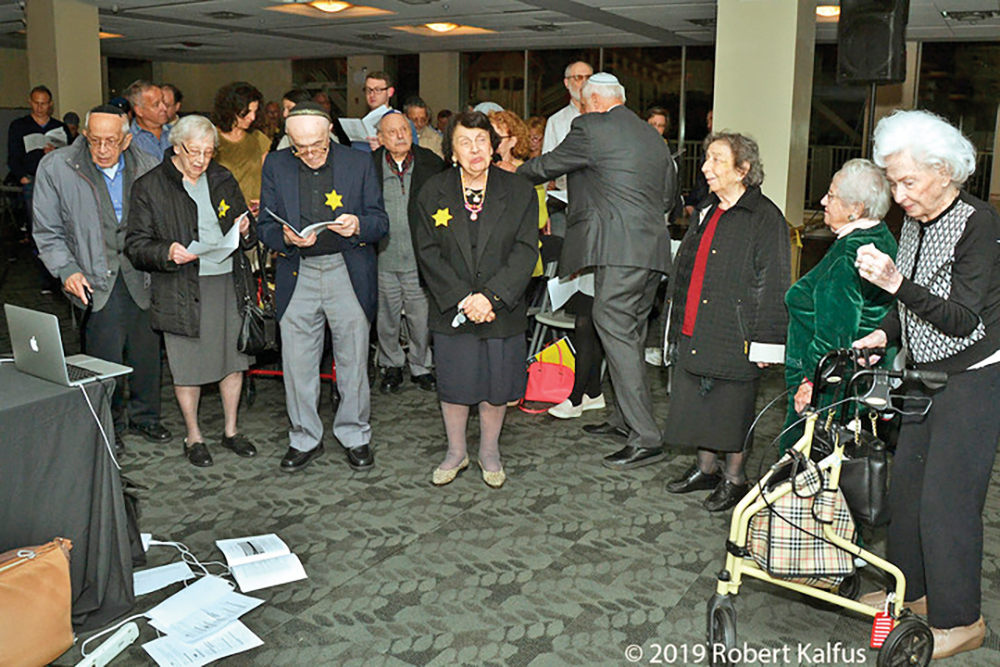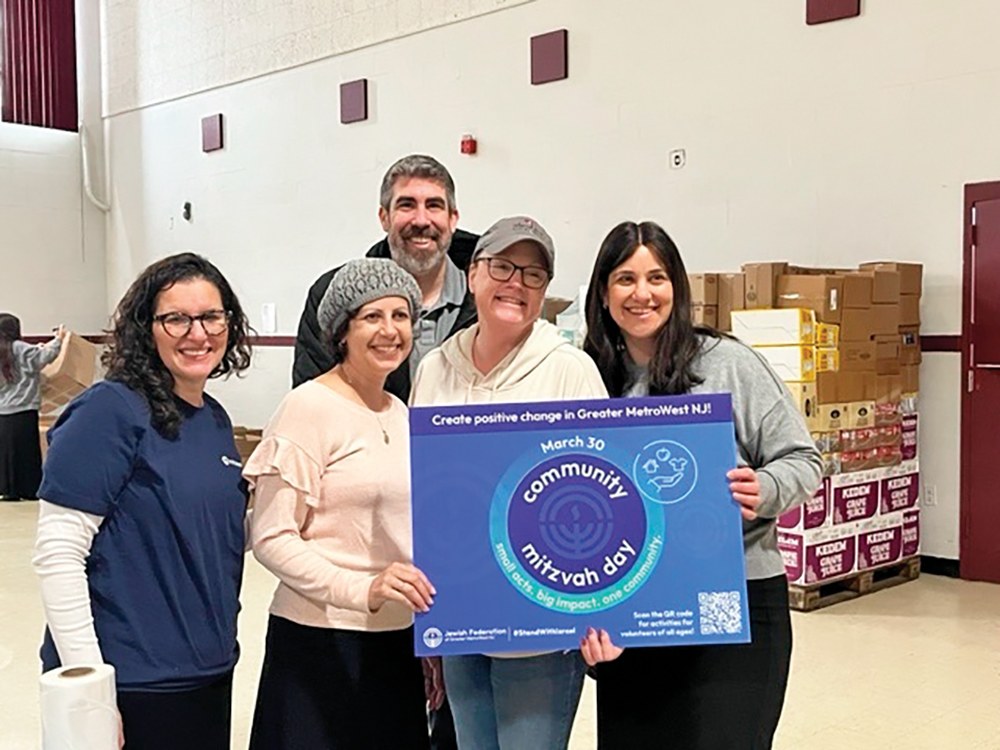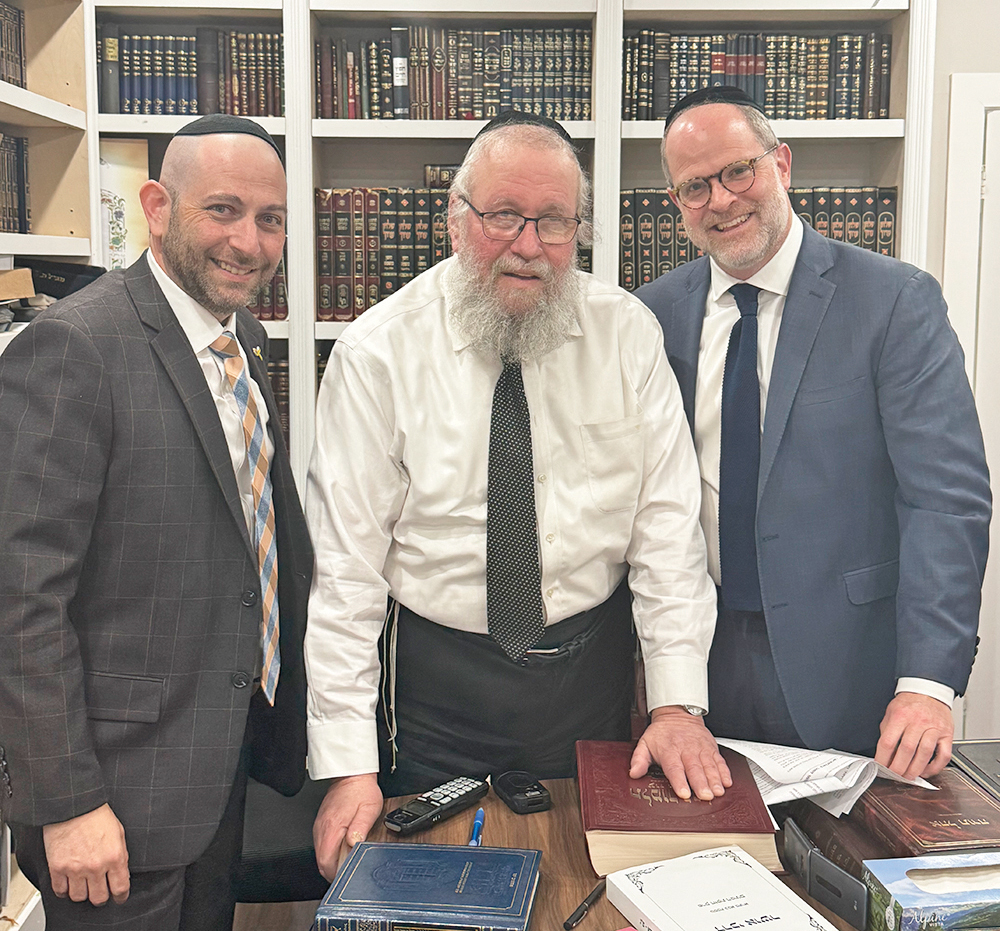I have always had a soft spot for the story of Peter Pan. As a child, I loved the movies and as I got older I found appreciation for the metaphors and themes of the book and a curiosity for the man behind the story, J.M. Barrie. I have always been infatuated with the idea of not growing up, of retaining my inner child. It has taken me years to learn—and accept—that to live “will be an awfully big adventure.”
When I was pregnant with my first child, I recall having the thought that if Peter came to my window, it would no longer be me that would be whisked away to Neverland, it would be my child. I am the grown up now. And this scared me. Because in my mind, having a baby is the ultimate step in growing up. As a youngest child, I was not around so many younger kids or babies and it took a lot of learning when my daughter was born.
What I’ve come to realize since my second daughter was born in April is that the learning curve I experienced and felt so isolated around is all too common. There have been a few themes that have stayed with me this time around and while many are not new, they still felt worthy of a reflection piece, given how many other individuals have reported similar experiences while also noting how lonely it has been.
1. Society tends to erase the mother: Throughout a woman’s pregnancy, we ask all about the mom—how she’s feeling, how to make her comfortable. We give up seats on the subway and make sure that the expectant mother is helped first. And yet, once the baby arrives, it becomes easy to forget mom. Perhaps in the beginning we continue to ask about mom, but within days—at times—we ask more about the baby. And while this typically comes from a place of love, it can feel so invalidating. Moms are expected to handle it all after their bodies go through an unbelievable and magnificent, painful, traumatic (at times) process. The same body that women feel pressured to alter and manipulate within days, if not hours, of giving birth. There is a shared pressure for one way of feeding. There is a sense of needing to handle it all, to show no signs of having carried life, to not complain and to only feel gratitude. We need to stop erasing the experiences, emotions and bodies of mothers.
2. We need to get comfortable with hearing about how hard it is: Likely because people have been having children since man was created, there is a shared belief that parents will figure it out. We ask how new parents are doing, but we have trouble sitting with the discomfort of hearing how it can be hard. And sharing that it can be hard. I’ve made it a point to verbalize that the newborn phase (and parenting in general) can feel tough and that’s normal! When people have asked how it is going I’m honest in saying, “Thank God it is okay and it’s also hard and overwhelming and stressful.” People tend to think in all or nothing ways—looking out for postpartum anxiety or depression or assuming it’s all okay. But there is so much gray in between. We need to create more space for people to share what feels hard and to sit with this. To try to not force the person to feel grateful or to minimize or to compare, but instead to simply be with the person’s experience. Parenting, like so many life experiences, can be hard. We need to allow for this to be true for others and for ourselves.
3. We tend to minimize the need for help: Perhaps because so many people in our lives have had children, it can feel hard to ask for help. I know that I have high expectations of myself, believing in a lot of “shoulds”: I should be able to handle this, I shouldn’t feel tense, I should have accomplished more today, etc. Engaging in the “should” mindset typically does not get us anywhere. When we think this way, we do not allow for asking ourselves what, in fact, we need. And just like in other areas of life, what we need is to be able to ask for and accept help and support. I think that people assume others don’t need help or believe that folks need to “figure it out.” And I think for some people, accepting help feels like a weakness. We exist as social beings. We do not excel at all areas and internal judgments and comparisons tend to hijack the ability to be present in our lives. Whether it’s a first child or fourth child or another experience completely—we need to allow for space to ask for, and receive, help that is free of judgment.
Life transitions are harder. But they are harder when we feel isolated and abnormal within the experiences. The more we speak about our experiences, the more we can relate to and educate others. This is what allowed me—all those years ago—to accept that I was growing up. By connecting with others and sharing about my own challenges and struggles, I was able to live in an authentic way and find space for my inner child as well as inner mother. I hope that the more we pave the way for open discussions, we can allow for support and for people to live authentically in a connected manner.
Temimah Zucker, LCSW, works with individuals ages 18 and older in New York and New Jersey who are struggling with mental health concerns, and specializes in working with those looking to heal their relationships between their bodies and souls. Temimah is an adjunct professor at the Wurzweiler School of Social Work, an advocate and public speaker concerning eating disorder awareness and a Metro-New York supervisor at Monte Nido. To learn more or to reach her, please visit www.temimah.com



